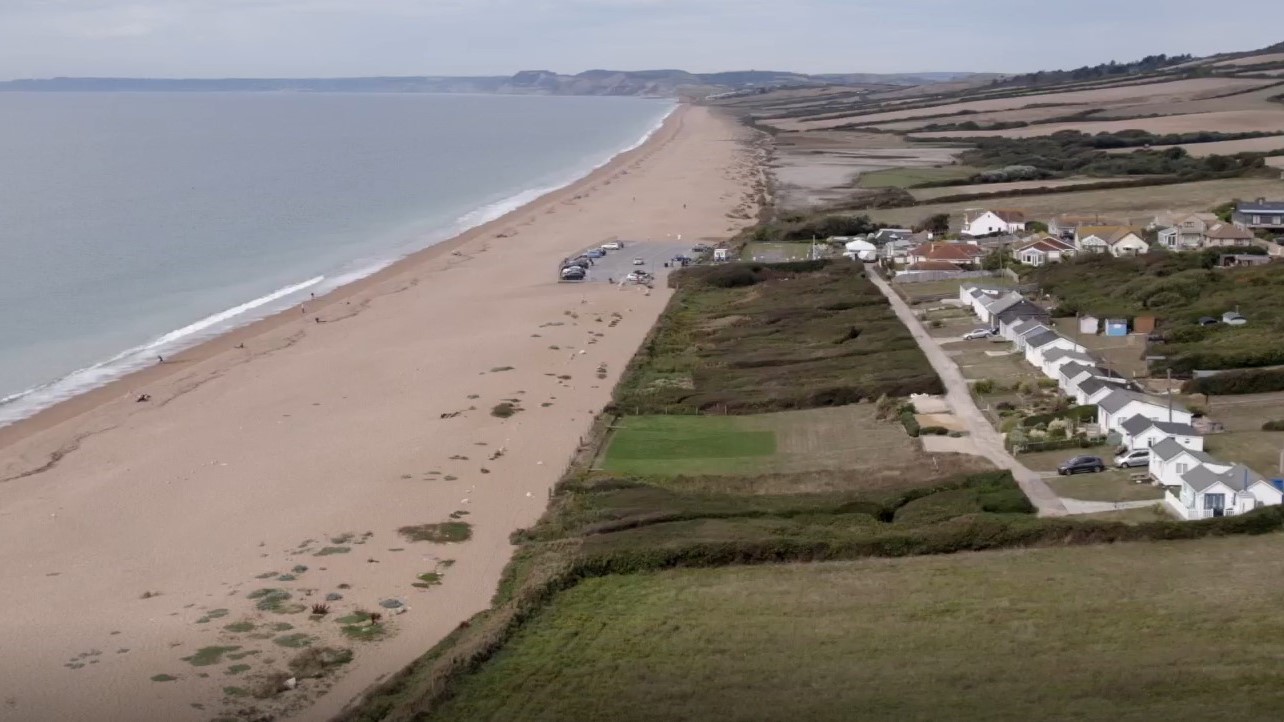A new phase of the mission to protect the environment on and around Dorset’s iconic Chesil Beach is under way in West Bexington.
More than 800 metres of sewers are being relined within the village on the Jurassic Coast as part of the drive to progressively reduce the automatic discharge of untreated stormwater.
Wessex Water teams will move on to two roads near the beach to reinforce the network by sealing pipes, safeguarding the environment by preventing foul water escaping and groundwater entering sewers, which can lead to flooding or storm overflows automatically releasing into rivers or the sea if the system becomes overwhelmed.
The £180,000 project will boost the company’s recent investment in beefing up protection of the UNESCO World Heritage Site coastline up towards the £1 million mark, following the completion of an £800,000 pipeline last year.
That year-long scheme saw a replacement rising main sewer, stretching for nearly a mile between sewage pumping stations at West Bexington and Gorselands, near Swyre, increase sewer capacity and help to cope with sudden increases in water volume.
Further upgrades to ensure foul water is pumped away from the public toilets on the beach at West Bexington were also completed to help reduce the number of times a nearby storm overflow operates automatically by 50 per cent.
A further project, to separate rainwater from the foul sewers on Beach Road in the village, is at the planning stage, further reducing automatic discharges from overflows that relieve the threat of overwhelmed combined sewers flooding homes and businesses during heavy rain.
Project manager Paul Delves said:
“Relining the sewers in West Bexington continues our commitment towards protecting this historically-important and popular area, with Chesil Beach and the South West Coast Path that is well used by walkers, as well as a coastal reed bed close by.
“Sealing them in this way further helps protect the network from being overwhelmed which can lead to flooding or the release of untreated wastewater and it backs up the results achieved by the major pipeline project we completed in the area last year.
“We’re now working closely with local customers to finalise details of a further project to separate rainwater from the foul sewer system in this area, which will also help to reduce these discharges.’’
The relining work will continue until Friday 15 March 2024, using ‘no-dig’ techniques, which are quicker and less intrusive than replacing the pipe in a conventional manner.



